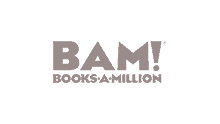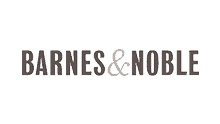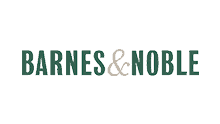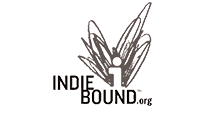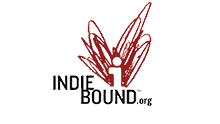6th September 2011
50 Things I wish I’d known in Art School
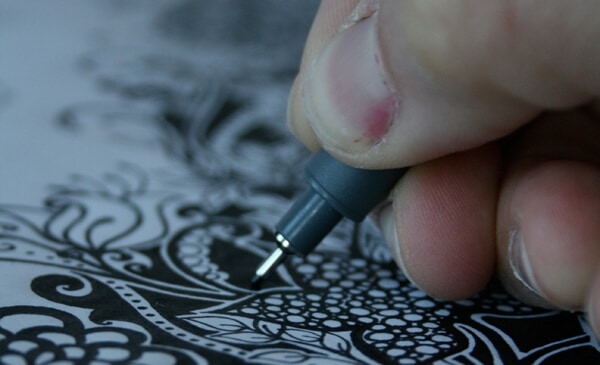
I’ve gone for honesty, not diplomacy with this blog. You may or may not agree, but here’s what I wish I’d known in Art School:
1. Employers and clients don’t care about grades or distinctions. They care about your portfolio, your attitude and your previous experience.
2. Do as many internships as you possibly can.
3. You have the rest of your professional career to be dictated to by Trend Forecasting Websites. Ignore them in Art School.
4. Give-away your TV. It’s the single most effective way to be more productive and avoid procrastination.
5. Lots of expensive art materials and computer equipment do not a successful designer make.
6. No one will ever ask to read your dissertation.
7. Unless you choose to work in Academia, no one gives a toss if you can reference using the Harvard system. Don’t lose sleep over where to put a publishing date.
8. Go easy on the free drinks at openings.
9. Your online portfolio is more important than your paper portfolio.
10. Join an online network such as Behance and upload your folio.
11. If like me you choose to have a paper portfolio too, don’t make it a ridiculously huge A1 affair with 100 pages; it’ll weigh a tone, make you look like a student and you’ll need a chiropractor after every meeting. Edit, refine and scale.
12. Learn how to resize images properly and get to grips with a bit of image attachment etiquette. Clogging up a Creative Director’s inbox with 15MB snapshots of your work won’t endear you.
13. No-one takes an email sent to 25 other recipients seriously. Either take the time to individually address, or -if you must mass communicate- use BCC.
14. Master the art of writing. You may never need to pen another dissertation again, but you will need to write funding proposals and job applications. Don’t let an awkwardness with words get in the way of your creative talent and ambition.
15. Spell Check; use it. Make sure it isn’t set to American.
16. Register your domain name asap. If you can, bag your name as your domain now. Get .com and .co.uk or equivalent. If your name is already taken, try get something which still links into your practice, amysmithillustrator.com etc.
17. Same as above, for twitter and instagram. A username which ties in with your domain is preferable.
18. Get a decent email address. By decent, I mean professional looking, [email protected] is great,[email protected] is cool too. I once got an email from a student who’s email address was something along the lines of [email protected] – not so great…
19. Facebook privacy settings: use them! We’ve all read the horror stories. Photo tagging has a lot to answer for. Don’t let an boozy happy snapper jeopardize your career.
20. Never say something online that you wouldn’t say in person.
21. Don’t waffle on in emails. Keep them short and to the point. Everyone’s inboxes are jammed. Don’t add to the clutter.
22. Learn some basic business skills. Even if you don’t want to be self employed, it’s good to know how industry works. Things like raising an invoice, negotiating client terms and ownership of final artwork. If your Art School’s approach to Professional Practice isn’t great, you can get more info from The Cultural Enterprise Office or try reading ‘Talent is Not Enough : Business Secrets for Designers’ by Shel Perkins. It’s a good intro to the subject.
23. Beware of taking Business lessons from someone who has not run their own company. Regurgitating an Entrepreneurship Textbook is not the same as real life experience. The Holy Grail of business advisors is someone who has run their own business (successfully) in your chosen field.
24. Get comfortable with speaking about yourself and your work without cringing, blushing or sounding like an ego maniac car salesman.
25. You don’t have to move to London. Thanks to the wonders of broadband, it is now possible to hack into the CIA mainframe from Shetland and be a successful Graphic Designer in Glasgow.
26. Grow a thick skin. This industry is critical, competitive and fast paced. Learn to take criticism constructively. Learn that blunt criticism isn’t rude, it’s just time efficient. Learn not to take silence as an insult. Learn to ignore personal jibes (there will be some).
27. Avoid Pro Plus, super strength coffee and energy drinks. They make your pen / scalpel / wacom wobble.
28. Some tutors work in industry as well as teaching. There’s a big difference between the theory of design industry and the PRACTISE of the design industry.
29. Technicians are the unsung heroes of Art Schools. Make friends with them, bake them cakes. Do whatever it takes to be in their good books. Technical staff, often more so than tutors in my opinion, can show you the practical skills, share industry knowledge and generally offer Yoda-like advice which is second to none.
30. Freelancers spend more time doing admin than you imagine. I’d say my current ratio is 80 : 20 Creative to Admin.
31. No one cares about your sketchbooks.
32. You probably don’t have time to work in one anyway.
33. Just because you are honest, doesn’t mean everyone else is. Get some advice on contracts and payment terms. Good resources are the Cultural Enterprise Office and the PSYBT. Legal action is expensive and distracting. Avoid getting yourself in that position.
34. Never get cocky. You may get the best grades in your class or even be named top graduate in your Art School. This means nothing when you enter an industry heaving with sickeningly talented, ambitious young hopefuls. A good level of fear can be a helpful motivator.
35. There is no honour poverty. Aim to make money from what you do. Being commercial isn’t the same as selling out.
36. Save your work. Tutors get grumpy at missed deadlines and corrupt files. Clients are less forgiving. Make friends with Apple + S, and get TWO forms of back-up. I use a Time Machine (external hard drive) and Carbonite (online back-up).
37. Sooner or later, your parents will throw away / burn all the junk you have stored in your old bedroom. Years of sketchbooks, assessment pieces and presentation boards WILL end up on a bonfire. Don’t be precious, de-clutter and save the really important stuff somewhere away from your fire-starting folks.
38. Design History. It seems a little irrelevant at the time, but you’ll wish you’d gone to the lectures and paid more attention. Turns out, it is relevant
39. Get daylight light bulbs. Better for your eyes.
40. Don’t apply to do a Masters just because you don’t know what else to do. It’s an expensive way to procrastinate.
41. Same as above, but replace Masters with Teacher Training. Teaching should be a calling and a passion, not a back-up plan.
42. If you do apply for a Masters course and don’t get in, don’t panic. Speaking as a 2005 RCA Reject, I can assure you it isn’t the end of the world! A couple of years working, interning or traveling will help you focus and decide if it really is the best option.
43. You will still probably have to pull the odd all-nighter after graduation. It will still hurt.
44. On the subject of all-nighters, it’s obvious that you can’t produce your best work after being awake for 28 hours. Do everything in your power to avoid being in this predicament. Get organised.
45. Take mulititvamins. This is a competitive and fast moving industry, you don’t have time to get sick.
46. Bad things happen to everyone at some point in their career. The people that succeed aren’t more talented, well connected or even more lucky than you. They just pick themselves up faster. When something happens that makes you fall, don’t lie there wallowing in your misfortune and misery, pick yourself up, work out what you’ve learnt and fire back in. The quicker you can do this, the better.
47. Read. Lots. Here are some suggestions.
48. Paying Council Tax is horrible.
49. You are unlikely to ever experience the same level of creative freedom in the workplace as you do at Art School. Make the most of it. Use the incredible facilities. Read the books in the library. Collaborate with students in other departments. Ask the technicians and tutors all your questions. After art school, you have to pay for these privileges.
50. Be nice. This industry is small. Word gets round.





